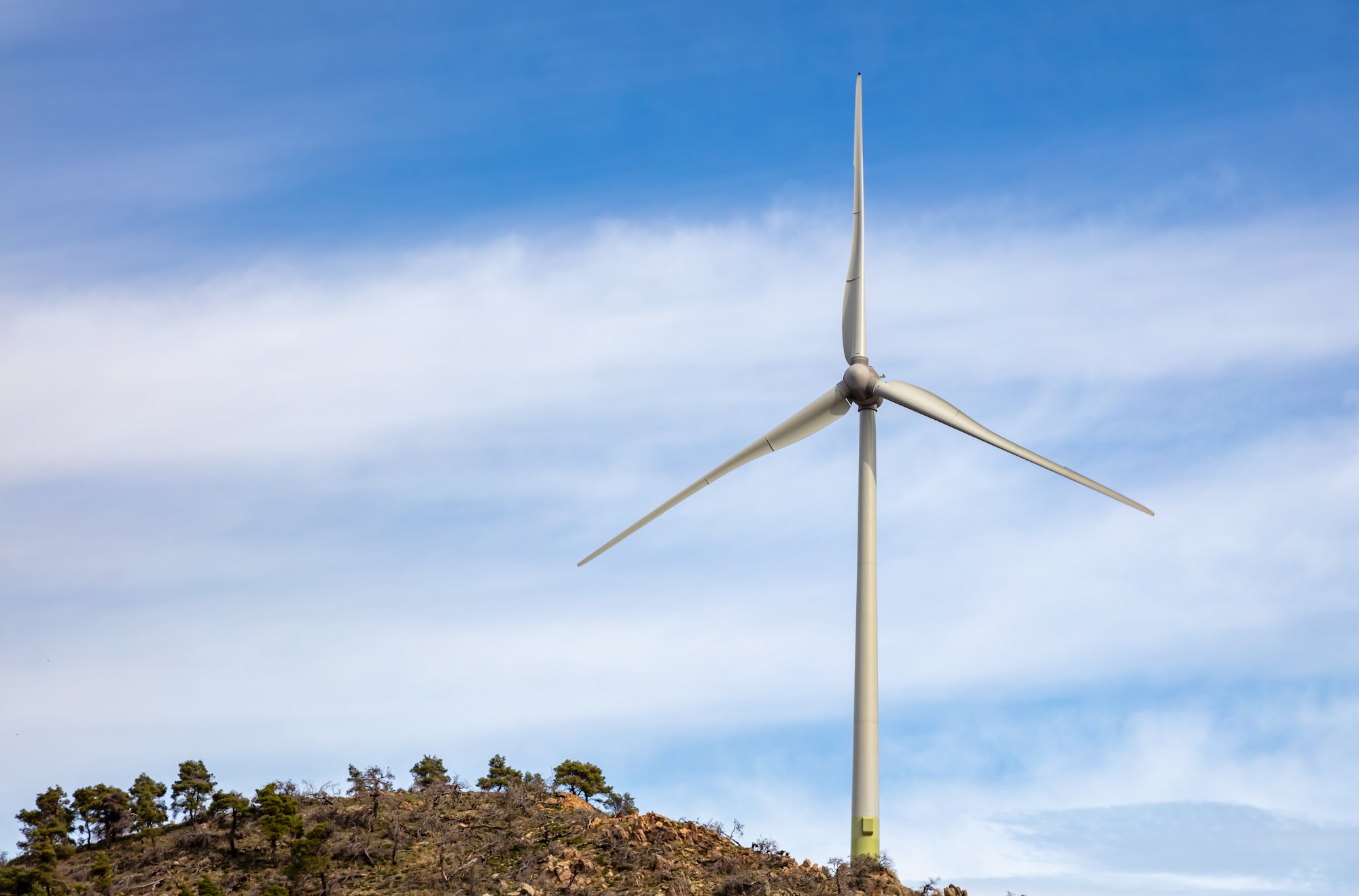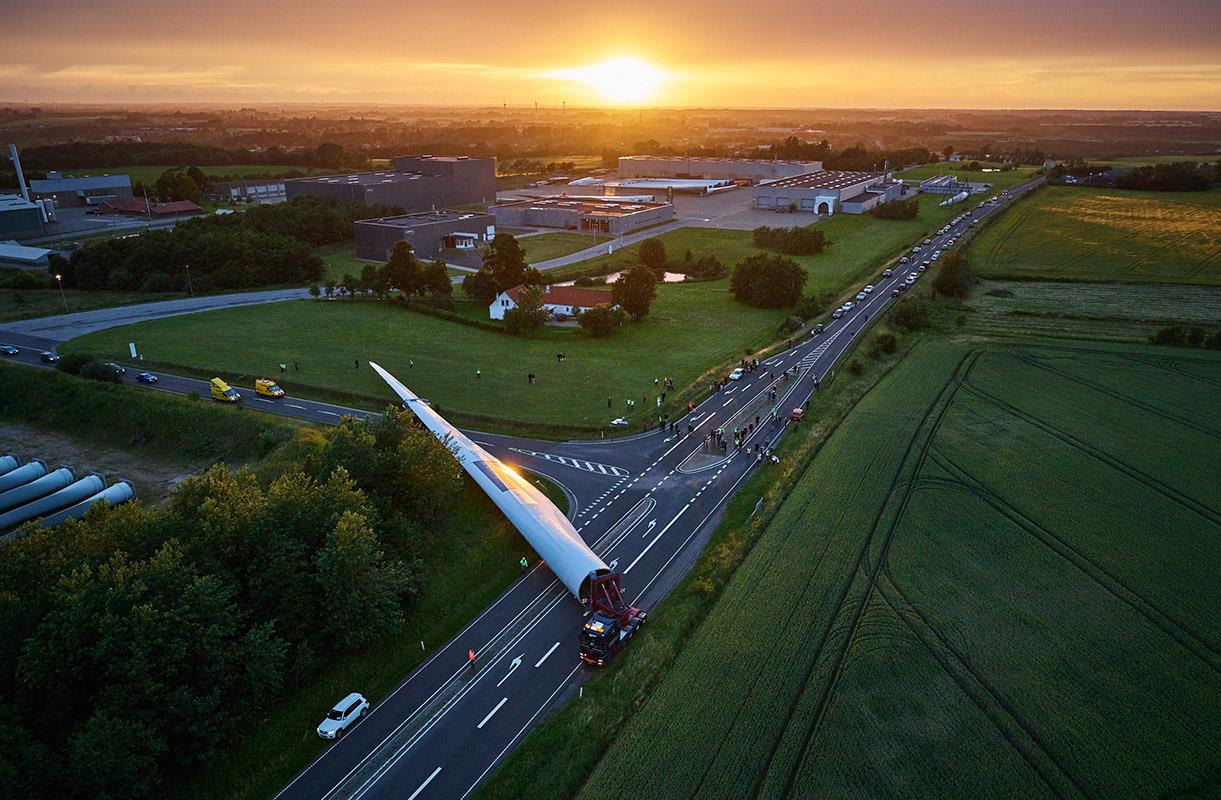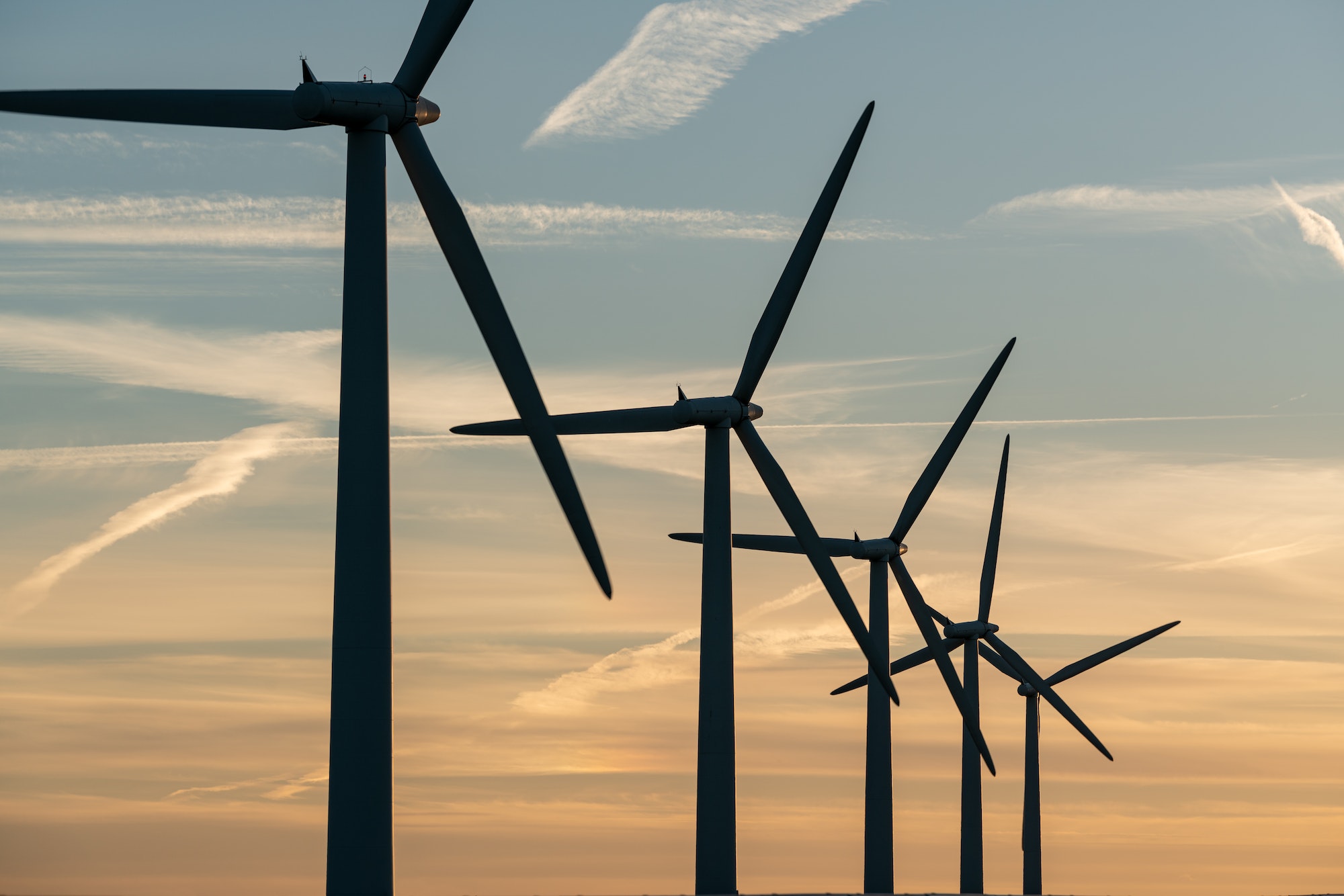Our Approach



Our Commitment
Best Practice Engagement
OSMI is committed to best practice community engagement and are a signatory to the Clean Energy Council’s (CEC) Best Practice Charter for Renewable Energy Developments. We regularly review our performance against the Charter and seeks feedback from stakeholders on performance to constantly learn and improve.
We engage respectfully with communities early in the project before any planning applications are sought. By working closely with communities across all phases of the project, we gain valuable feedback and buy-in, tailoring the project to the local context and ensuring it is sensitive to environmental and cultural values.
Respecting Local Values
Engaging with Community
We engage respectfully with communities early in the project before any planning applications are sought. By working closely with communities across all phases of the project, we gain valuable feedback and buy-in, tailoring the project to the local context and ensuring it is sensitive to environmental and cultural values.
Our employees work in the community and understand local values. They create opportunities for co-design of the project, to help shape how the community benefits will be distributed.
OSMI’s high-level approach to community engagement includes the following:
Early engagement with the community
Community consultative committees
Community education and events
Sharing information across a range of communication channels including web sites, e-newsletters, social media, fact sheets, augmented reality, brochures, site visits and publications.
Co-developed Community Benefits Scheme including neighbour profit sharing, community development fund and community co-investment
On the ground local employees and local procurement
Local project office and information centre for one-on-one consultation
